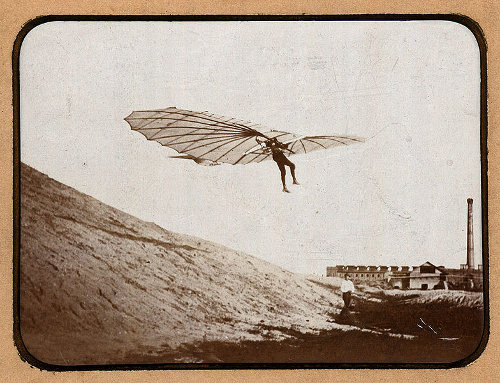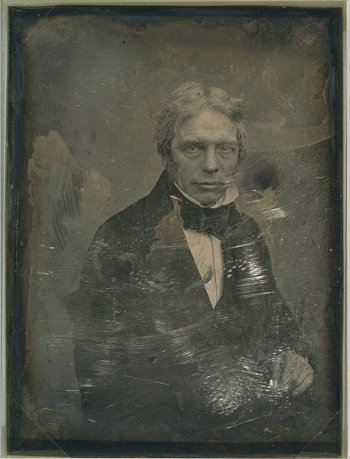“The image of myself which I try to create in my own mind in order that I may love myself is very different from the image which I try to create in the minds of others in order that they may love me.” — W.H. Auden
Quotations
Unquote
“When a thing is funny, search it for a hidden truth.” — George Bernard Shaw
Unquote
“It is a profound and necessary truth that the deep things in science are not found because they are useful; they are found because it was possible to find them.” — Robert Oppenheimer
Unquote

“Outside of the proven impossible, there probably can be found no better example of the speculative tendency carrying man to the verge of the chimerical than in his attempts to imitate the birds, or no field where so much inventive seed has been sown with so little return as in the attempts of man to fly successfully through the air. … It may be truly said that, so far as the hope of a commercial solution of the problem is concerned, man is to-day no nearer fulfillment than he was ages ago when he first dreamed of flying.” — Rear Admiral George W. Melville, engineer-in-chief, U.S. Navy, 1901
Unquote
“Truth comes out of error more easily than out of confusion.” — Francis Bacon
Misc
- Holmes and Watson never address one another by their first names.
- Until 1990, the banknote factory at Debden, England, was heated by burning old banknotes.
- The vowels AEIOUY can be arranged to spell the synonyms AYE and OUI.
- 741602 + 437762 = 7416043776
- “In all matters of opinion our adversaries are insane.” — Mark Twain
Two trick questions:
Who played the title role in Bride of Frankenstein? Valerie Hobson — not Elsa Lanchester.
Did Adlai Stevenson ever win national office? Yes — Adlai Stevenson I served as vice president under Grover Cleveland in 1893.
Unquote
“Great good nature, without prudence, is a great misfortune.” — Benjamin Franklin
Heat and Light
If an opinion contrary to your own makes you angry, that is a sign that you are subconsciously aware of having no good reason for thinking as you do. If some one maintains that two and two are five, or that Iceland is on the equator, you feel pity rather than anger, unless you know so little of arithmetic or geography that his opinion shakes your own contrary conviction. The most savage controversies are those about matters as to which there is no good evidence either way. Persecution is used in theology, not in arithmetic, because in arithmetic there is knowledge, but in theology there is only opinion. So whenever you find yourself getting angry about a difference of opinion, be on your guard; you will probably find, on examination, that your belief is going beyond what the evidence warrants.
— Bertrand Russell, “An Outline of Intellectual Rubbish,” 1943
Unquote

“Even if I could be Shakespeare, I think I should still choose to be Faraday.” — Aldous Huxley
Unquote
“If a man could have half his wishes, he would double his troubles.” — Ben Franklin
